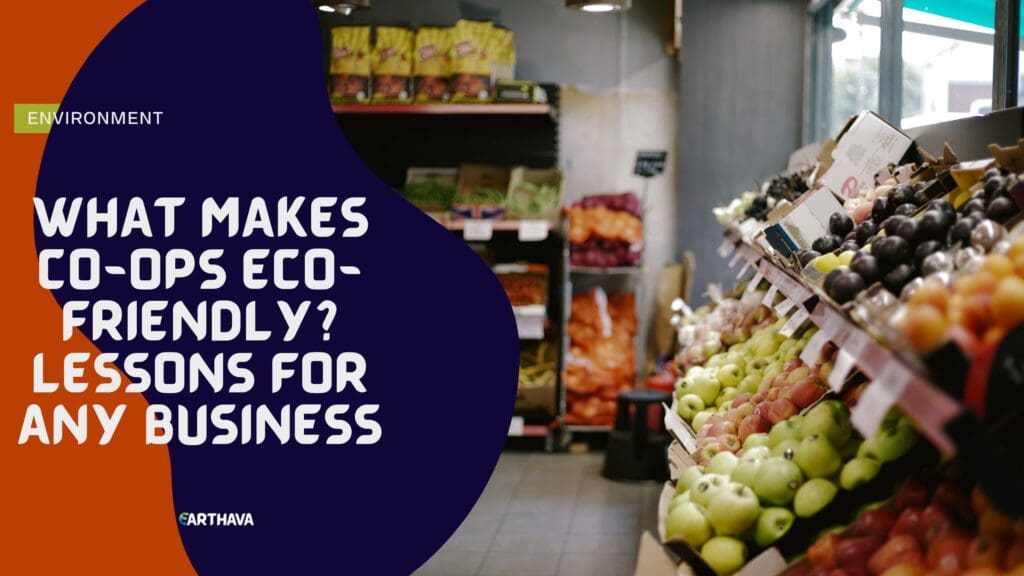If you’re learning about sustainability, the term ‘co-op’ probably brings to mind farming cooperatives that deliver their wares to your home once a month. While this is one definition, cooperatives are a new way of looking at business as a whole.

What’s the difference between a co-op and a corporation and what can traditional companies learn about sustainability from co-ops?
Not Just A Grocery Store Alternative
First, what is a co-op and how does it compare to traditional businesses?
Most corporations and businesses are owned by one or two people, though they may be at the mercy of their investors. Corporations have one goal — profit — and while they will often accommodate their client base with changes to products and procedures, those changes are designed to bring in more customers and to secure existing customer relationships. The goal of any and every business is to make as much money as possible.
Co-ops, on the other hand, aren’t owned by a single person. Instead, they’re owned and operated by the people who use them. If you’ve ever bought food from a local farmers’ co-op, you’re familiar with the concept. These co-op companies can be small, like a local farmer’s co-op, or they can be as large as a Fortune 500 company, depending on how many people participate.
With traditional companies, you can invest by purchasing stock, but you don’t necessarily have to purchase any of the company’s products to do so. As part of a co-op, you’re on equal footing with all other members of the co-op.
Co-ops are more than just grocery store alternatives. Today, co-ops operate in nearly every sector, from agriculture and education to healthcare, housing, and utilities.
What does that have to do with sustainability?
Co-Ops and Sustainability
The concept of co-op companies isn’t new, these companies are considered inherently more sustainable than traditional corporations. For co-ops, there is little to no pressure to deliver immediate profits like there is with regular business. As the world economies change, business models will need to shift to keep up if they want to continue to thrive. We need to shift our perspective, changing the way we look at the concept of business.
Retail co-ops are also working to protect the environment as well, for the more popular definition of sustainability. Co-op companies tend to use the highest amount of recycled materials in their packaging and have the lowest plastic packaging footprint with a greater focus on recycling instead of just reducing the use of packaging. On average, 79% of co-ops create their packaging using recyclable materials. By comparison, between 58 and 70% of commercial brands are the same.
Some groups are making the pledge to eliminate single-use plastics within the next decade, with single-use being defined as anything that can’t be recycled.
Co-ops tend to embrace sustainability as part of everyday operations, while corporations usually adopt sustainable tactics as a way to make their company look better. Consumers are taking their business away from companies that aren’t making sustainability commitments, and turning to co-ops that focus on taking better care of the environment.
Looking Forward
Co-ops might not replace traditional corporations, but business owners could learn a thing or two from these consumer-centric organizations, especially when it comes to sustainability. Corporations need to learn how to adapt to a changing economic landscape, one that is shifting away from the desire for profit in favor of consumer-owned co-op companies that provide a unique new outlook. Sustainability isn’t just a buzzword anymore. It’s becoming a social imperative and co-ops might be the best first step toward making businesses, in general, more sustainable.


